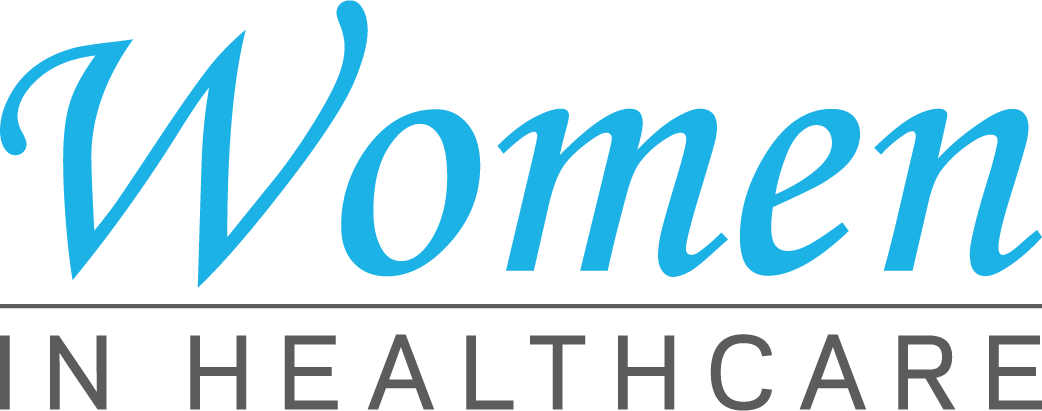Top Healthcare RCM Strategies for Better Financial Efficiency
Top Healthcare RCM Strategies for Better Financial Efficiency
Blog Article
Revealing the Perks of Health Care RCM in Improving Effectiveness and Accuracy in Earnings Cycle Monitoring
In the quickly developing health care landscape, the relevance of Earnings Cycle Administration (RCM) can not be overemphasized. As health care suppliers make every effort for precision and effectiveness, RCM arises as a critical device in enhancing procedures, minimizing errors, and enhancing financial end results.
Streamlining Management Tasks

On top of that, the combination of electronic health and wellness records (EHR) with RCM systems assists in real-time data gain access to and sharing, enabling medical care experts to make informed choices quickly. This interconnectedness not just boosts communication in between management and clinical teams yet additionally enhances client satisfaction by minimizing waiting times and payment discrepancies - Healthcare RCM. Additionally, structured administrative procedures permit much better compliance with regulatory criteria, mitigating threats connected with audits and penalties
Eventually, the focus on refining administrative tasks in RCM leads to cost savings and improved financial efficiency. By buying automation and enhancing operations, medical care organizations can achieve a much more sustainable earnings cycle, ensuring long-lasting feasibility and the capacity to adapt to progressing market demands.
Enhancing Insurance Claims Handling
How can healthcare organizations enhance the performance of their insurance claims processing? By harnessing automation and sophisticated analytics, RCM systems streamline the complicated and frequently difficult insurance claims processing jobs.
In addition, real-time analytics play a crucial duty in improving cases refining efficiency. These analytics devices give insights into bottlenecks and potential rejections, enabling medical care companies to address issues proactively. Predictive analytics can anticipate patterns in case denials, allowing preemptive measures to alleviate them, thus decreasing the moment considered insurance claims to be refined and accepted.
In addition, the fostering of electronic health and wellness records (EHR) integrated with RCM systems ensures seamless information flow, reducing redundancies and increasing the accuracy of details sent in insurance claims. A constant responses loophole promoted by RCM systems additionally improves the procedure, promoting continuous renovation.
Inevitably, by leveraging technology-driven services in claims refining, health care companies can improve functional efficiency, boost money flow, and give a smoother experience for clients and staff alike.
Minimizing Monetary Mistakes
Exact monetary management is critical in healthcare, where decreasing economic mistakes can significantly impact operational success. Financial mistakes, whether due to incorrect payment, coding errors, or mismanagement of client accounts, can result in substantial profits loss and stretched partnerships with people and payers. Dealing with these errors is crucial to preserve a medical care company's economic health and boost its track record.
Healthcare Earnings Cycle Management (RCM) plays a crucial function in decreasing such errors with structured processes. By implementing standardized procedures for payment, coding, and collections, health care suppliers can make sure that financial transactions are handled with accuracy. Comprehensive training for personnel on present coding policies and payment practices also reduces the likelihood of errors, guaranteeing insurance claims are properly processed and reimbursed.

In addition, thorough audits and routine financial evaluations within the RCM structure permit the early detection and improvement of disparities. Guaranteeing accuracy in client data access and confirmation additionally mitigates mistakes, as this is often a key source of mistakes. By concentrating on these tactical areas, healthcare companies can decrease financial mistakes, consequently guarding their revenue streams and boosting general operational performance.
Leveraging Advanced Technologies
In today's rapidly progressing medical care landscape, leveraging innovative technologies is vital for maximizing Revenue Cycle Monitoring (RCM) basics processes. By incorporating cutting-edge solutions such as artificial knowledge (AI), artificial intelligence (ML), and robotic procedure automation (RPA), health care service providers can considerably improve the efficiency and precision of their RCM procedures. These innovations aid in improving repetitive tasks, decreasing hands-on mistakes, and making it possible for quicker handling of cases.

In addition, the assimilation of blockchain innovation boosts information protection and transparency within RCM (Healthcare RCM). It guarantees that delicate info is shielded while maintaining an unalterable record of purchases. This is important for constructing count on with stakeholders and individuals
Boosting Financial Efficiency
Building on the effectiveness obtained with innovative innovations, health care companies can significantly enhance their financial efficiency by refining their Revenue Cycle Administration (RCM) approaches. By optimizing invoicing processes, reducing case denials, and improving cash circulation, health care institutions can achieve much better monetary security. Executing durable RCM options allows carriers to simplify management jobs, decreasing the time and resources invested in manual information entry and insurance claim processing. This efficiency leads to quicker assert entries and compensations, making the most of earnings collection.
Additionally, information analytics within RCM systems provide important insights right into financial trends and functional traffic jams. By leveraging these understandings, health care service providers can make educated choices to enhance economic results, such as readjusting payment techniques or renegotiating payer agreements. Enhanced accuracy in coding and documentation further lowers claim denials and audits, fostering a smooth profits cycle.
In try here addition, individual interaction devices integrated within RCM systems boost patient satisfaction by giving transparent payment info and flexible payment options. This transparency not just boosts patient-provider partnerships however also urges timely repayments, reducing exceptional receivables.
Conclusion
Medical Care Income Cycle Management significantly maximizes effectiveness and accuracy by streamlining management tasks and boosting claims handling. Via the decrease of financial mistakes and the assimilation of advanced innovations such as AI and predictive analytics, RCM facilitates conformity with payment codes and provides valuable understandings right into economic fads. This systematic approach not only decreases possible case denials yet additionally improves monetary efficiency, consequently cultivating trust fund and transparency with individuals and stakeholders within the medical care system.
As health care carriers make every effort for precision and efficiency, RCM emerges as a crucial tool in simplifying operations, lessening errors, and improving monetary results.Simplifying administrative jobs in health care revenue cycle monitoring (RCM) supplies substantial benefits by boosting functional effectiveness and minimizing the worry on staff.Health Care Profits Cycle Monitoring (RCM) plays a crucial role in reducing such mistakes through structured procedures.In today's rapidly progressing health care landscape, leveraging innovative modern technologies is necessary for maximizing Income Cycle Monitoring (RCM) processes.Building on the performances gained through advanced technologies, health care carriers can considerably increase their monetary performance by fine-tuning their Revenue Cycle Monitoring (RCM) methods.
Report this page